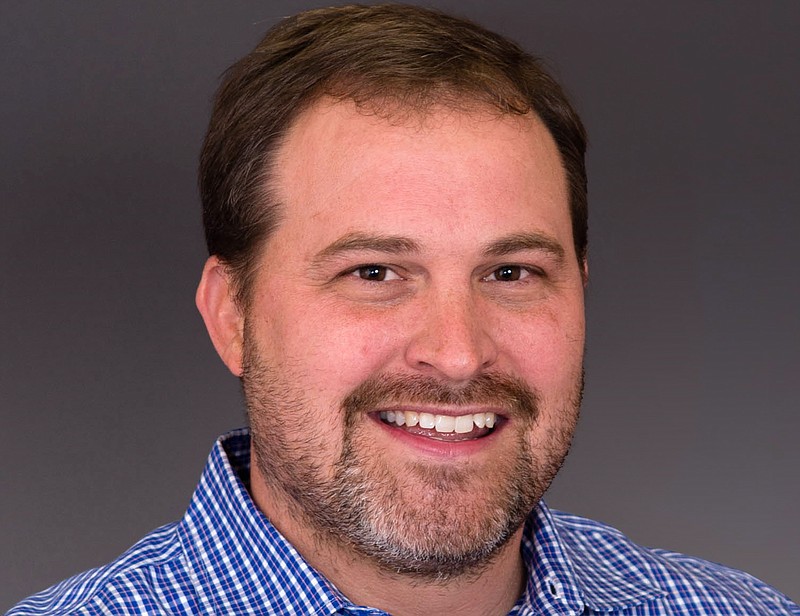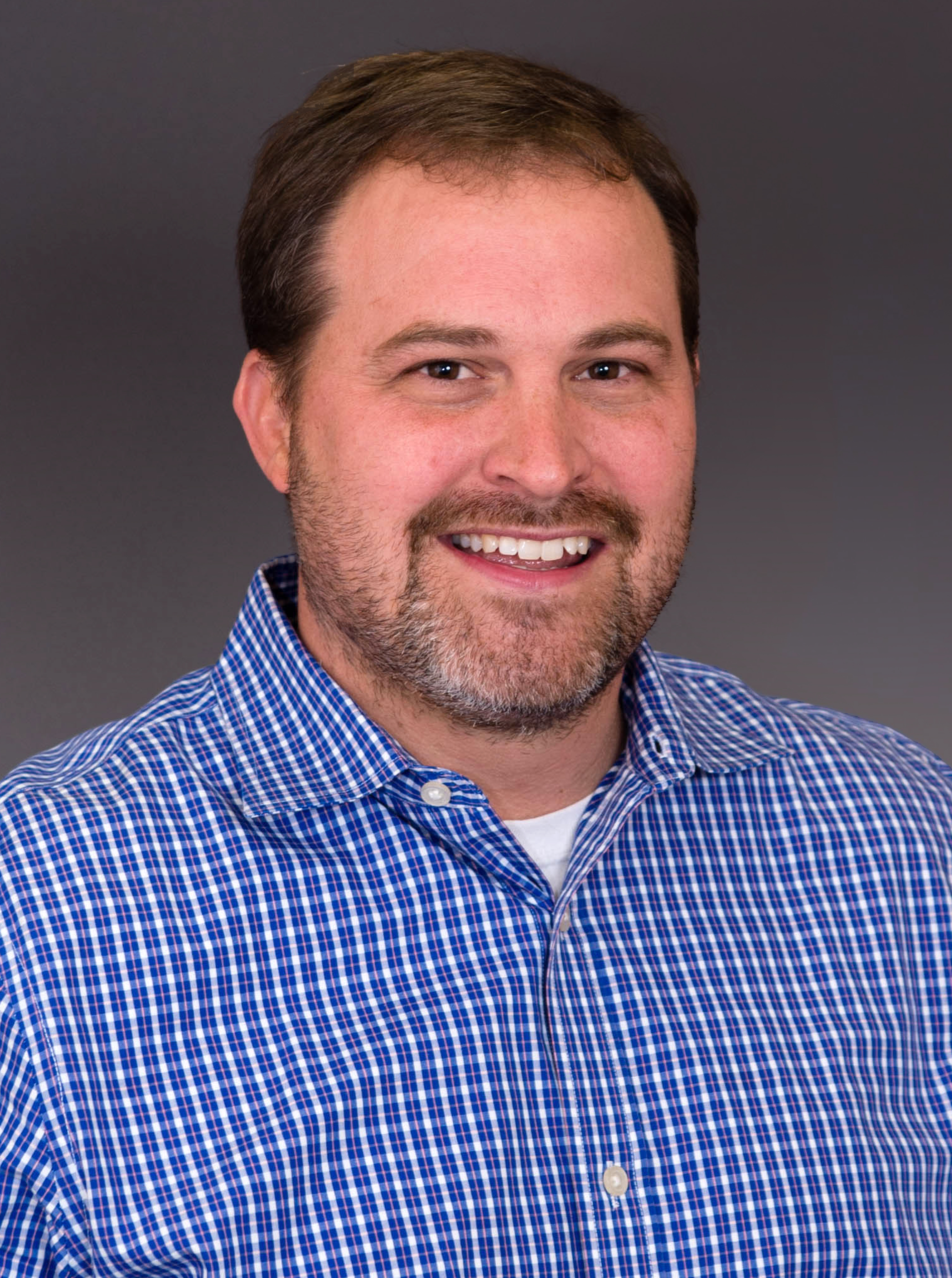As Republican leadership in the Georgia legislature hopes for a tame session when it comes to cultural issues this year, state Rep. Kasey Carpenter believes his religious protection bill can squeeze by without drawing the ire of the business community.
Carpenter was not so successful last year, when he failed to get a committee hearing for the same bill, which is supposed to give students more protection to share religious beliefs and lets teachers participate in student-led prayers. But Carpenter said he's in communication with the party's leaders and is lobbying for their support. He believes he will have a better feel for the bill's prospects after a caucus meeting Tuesday.
"We're trying to navigate those waters now," he told the Times Free Press this week.
Carpenter filed the bill Monday and has already received some public push back. Maggie Garrett, vice president of public policy at Americans United for Separation of Church and State, told Project Q Atlanta, "There are specific LGBTQ concerns because when they open the door and say it's free speech, it opens the door to anti-LGBTQ speech under the guise of religious speech."
Chris Line, a legal fellow at the Freedom From Religion Foundation, which opposed Carpenter's bill last year, said the organization has not changed its mind. He argued it is unnecessary because most of the pertinent elements of the legislation has already been settled by the U.S. Supreme Court.
"This bill is not only completely unnecessary, but many of its provisions are unconstitutional," Line wrote in an email. "Its purpose is clearly to promote religion and to encourage teachers and administrators to violate the constitutional rights of students."
Carpenter, R-Dalton, argued his bill is relatively innocuous. He thinks some attacks lump it in with the Religious Freedom Restoration Act, a bill the legislature passed in 2016, which business leaders attacked as opening the door to discriminate against homosexuals. Gov. Nathan Deal vetoed that bill.
"Everyone's looking at RFRA and trying to tie this to that," Carpenter said. "That is not what this is. If anything, to me, it's an inclusive bill, not an exclusive bill. When you get down to it, I hope this is not what [Speaker of the House David Ralston] is concerned with. But I understand what the speaker's concerned with. He's got a balancing act for sure, especially heading toward 2020."
Among the highlights of Carpenter's bill:
» Public school employees could participate in student-led prayer and religious clubs
» School employees could decorate their desks with religious symbols
» Students could not be punished on school assignments simply for expressing religious beliefs
» Schools could not stop students from sharing religious beliefs during morning announcements, at sporting events, pep rallies of graduation ceremonies
» Schools could not stop students from organizing prayer groups or religious clubs
» Schools could not stop students from wearing clothes advertising a religion
Last year, Freedom From Religion Foundation Co-Founder Annie Laurie Gaylor said the bill was unnecessary because established laws already allow students to pray, attend religious clubs, wear religiously affiliated clothes and mention religious beliefs on school assignments. She said established case law bans teachers from participating in religious clubs and letting teachers decorate their desks with religious symbols. She argued Carpenter's bill would not accomplish anything.
But Carpenter said the bill creates "parameters" for school districts, laying out what they can allow for their staff and students. He said the bill would not discriminate against LGBTQ students or staff because it allows everybody to share their beliefs.
"Everyone's just waiting around for something controversial to sell ads, I think personally," he said. "This isn't that bill. People from all different backgrounds - great. They pray to different gods. This is just an opportunity for everyone to exercise their First Amendment rights."
Family Policy Alliance of Georgia President Cole Muzio, who is working with Carpenter on the bill, said Florida, Mississippi, Nebraska and North Dakota have passed similar laws. He said the main aim of the bill is to allow teachers and coaches to bow their heads when students lead a prayer during before- or after-school programs. He said "radical liberal groups' intimidate school districts with legal threats.
"Schools get picked off by lawsuits," he said. "We think that will shut down their First Amendment rights."
Where this bill sits with Ralston is yet to be determined. During an interview in December, he told the Atlanta Journal-Constitution that he has "serious concerns about RFRA." Ralston's comments came a month after Democrats picked off Republican incumbents to gain 11 state House seats, mostly in north Atlanta suburbs. The Republicans previously held a 114-64 advantage in the House.
While Gov. Brian Kemp promised to sign a Religious Freedom bill if passed - assuming it is a copy of the federal legislation former president Bill Clinton signed in 1993 - Ralston said lawmakers need to recognize the differences between rural and suburban Republicans.
"We need to go back and embrace the fact that we're the party of small business," he said. "We're the party of leaner, more efficient government. What may be popular in Fannin County may not be in Gwinnett, and vice versa."
Contact staff writer Tyler Jett at 423-757-6476 or tjett@timesfreepress.com. Follow him on Twitter @LetsJett.

